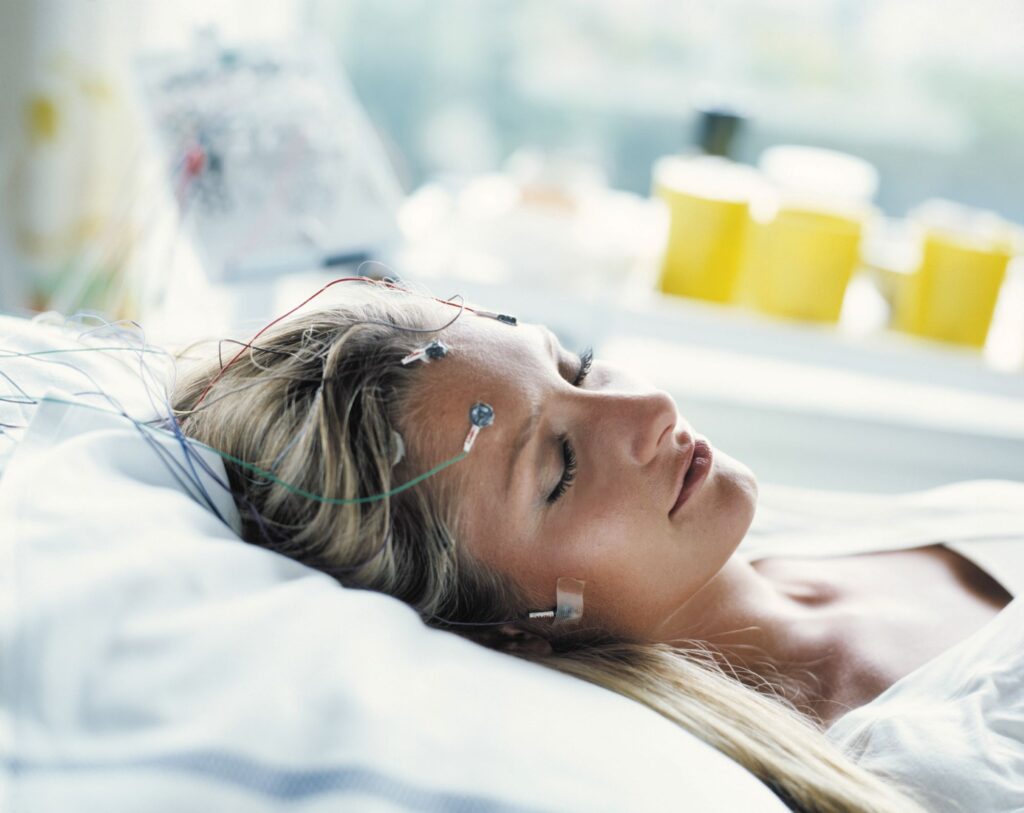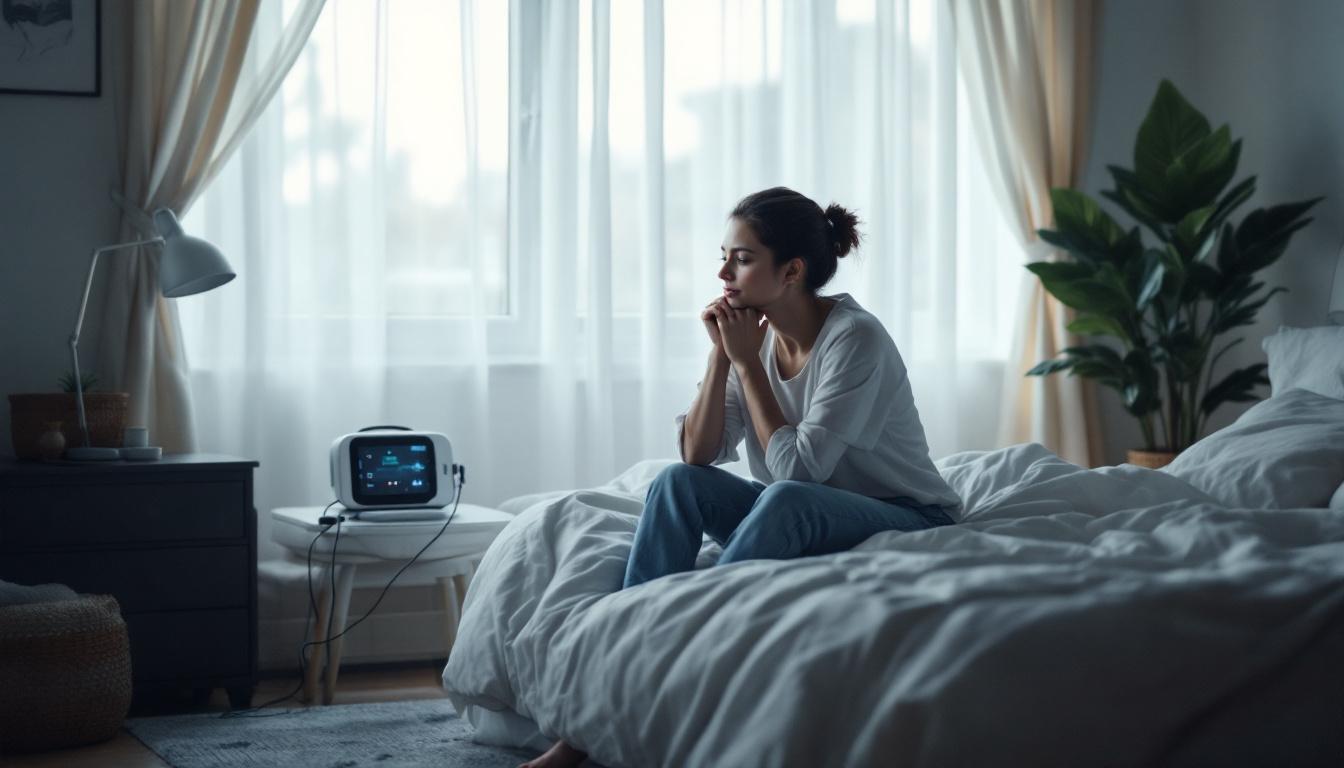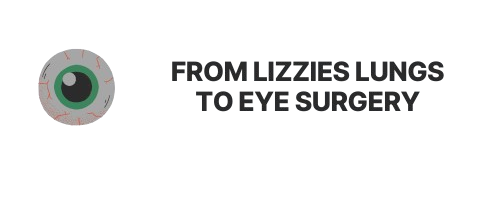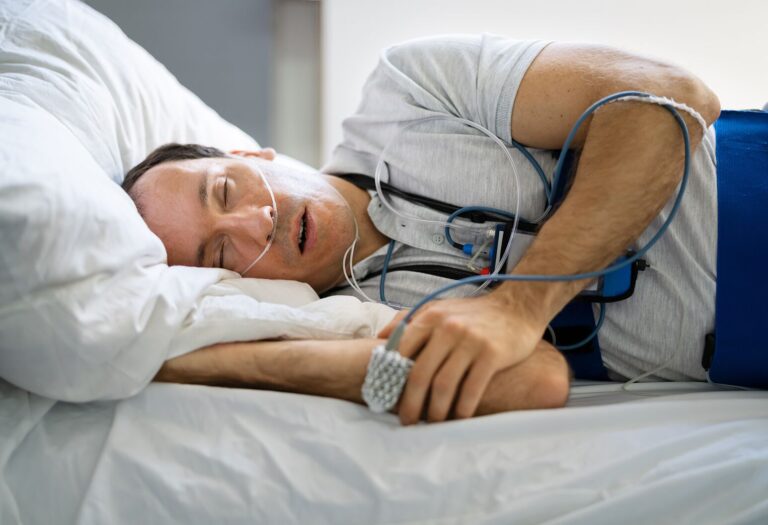How Much Does a Sleep Study Cost in Australia? A Complete Guide
Sleep studies, also known as polysomnography, are essential for diagnosing various sleep disorders, including sleep apnoea, insomnia, and restless leg syndrome. In Australia, the cost of a sleep study can vary significantly based on several factors, including the type of study, the facility conducting it, and whether you have private health insurance. This guide aims to provide a comprehensive overview of the costs associated with sleep studies in Australia, helping you make informed decisions about your sleep health.
Understanding Sleep Studies
What is a Sleep Study?
A sleep study is a diagnostic test that records various body functions during sleep, including brain activity, eye movement, heart rate, and breathing patterns. The data collected helps healthcare professionals identify sleep disorders and recommend appropriate treatments. Sleep studies can be conducted in a sleep clinic or at home, depending on the patient’s needs and the type of disorder being investigated.

Understanding the sleep study cost Australia is essential for anyone experiencing sleep-related issues. With prices ranging from AUD 300 for home testing to AUD 3,000 for in-lab studies, it is crucial to consider factors such as location, facility, and health insurance coverage when evaluating your options.
There are two primary types of sleep studies: in-lab polysomnography and home sleep apnoea testing (HSAT). In-lab studies are more comprehensive and typically conducted overnight in a specialised facility, while HSATs are simpler tests that can be performed at home using portable monitoring devices.
Why Might You Need a Sleep Study?
Individuals may require a sleep study if they experience symptoms such as excessive daytime sleepiness, loud snoring, gasping for air during sleep, or difficulty falling or staying asleep. These symptoms may indicate underlying sleep disorders that can significantly impact overall health and quality of life.
Consulting with a healthcare professional is essential if you suspect a sleep disorder. They can evaluate your symptoms and recommend whether a sleep study is necessary for diagnosis and treatment.
Read more on: Sleep Disorders Test Signs You May Need One and How to Start
Cost Breakdown of Sleep Studies in Australia
In-Lab Sleep Studies
The cost of an in-lab sleep study in Australia typically ranges from AUD 1,000 to AUD 3,000. This price can vary based on the facility, the complexity of the study, and additional services provided. Some clinics may offer packages that include follow-up consultations and treatment recommendations, which can affect the overall cost.
In-lab studies are generally more expensive due to the comprehensive nature of the testing. They involve overnight monitoring by trained technicians, advanced equipment, and a detailed analysis of the collected data by a sleep specialist.
Home Sleep Apnoea Testing (HSAT)
Home sleep apnoea testing is generally more affordable than in-lab studies, with costs ranging from AUD 300 to AUD 800. This type of testing is less invasive and can be performed in the comfort of your own home, making it a convenient option for many patients.
HSATs typically involve the use of a portable monitoring device that records essential parameters such as airflow, oxygen levels, and heart rate. While they are effective for diagnosing sleep apnoea, they may not be suitable for all sleep disorders, which is an important consideration when discussing testing options with your healthcare provider. Read more about oxygen on https://medlineplus.gov/oxygentherapy.html
Factors Influencing the Cost of Sleep Studies
Location and Facility
The cost of sleep studies can vary significantly depending on the location and the facility where the study is conducted. Major cities like Sydney and Melbourne may have higher prices due to increased demand and operational costs. In contrast, rural and regional centres may offer more competitive pricing.
Additionally, the reputation and accreditation of the facility can influence costs. Well-established sleep clinics with experienced staff may charge more for their services, reflecting the quality of care and expertise provided.
Health Insurance Coverage
Health insurance can significantly affect the out-of-pocket costs associated with sleep studies. Many private health insurance plans cover a portion of the costs for sleep studies, particularly if they are deemed medically necessary. It is essential to check with your insurance provider to understand your coverage and any potential out-of-pocket expenses.
For those without private health insurance, Medicare may cover some costs associated with sleep studies, particularly for patients diagnosed with obstructive sleep apnoea. Eligibility for Medicare coverage typically requires a referral from a healthcare professional and adherence to specific criteria.
Preparing for a Sleep Study
What to Expect Before the Study
Before undergoing a sleep study, patients will typically have an initial consultation with a sleep specialist. During this appointment, the doctor will review your medical history, discuss your symptoms, and explain the testing process. This is an excellent opportunity to ask any questions you may have about the procedure and its costs.
Patients may be advised to avoid caffeine and alcohol in the days leading up to the study, as these substances can affect sleep quality. Additionally, it is essential to follow any specific instructions provided by the sleep clinic regarding medications or dietary restrictions.
What to Expect During the Study
On the night of the sleep study, patients will arrive at the sleep clinic, where they will be greeted by trained technicians. The setup process involves attaching sensors to the scalp, face, chest, and limbs to monitor various physiological parameters throughout the night.
While the idea of sleeping in a clinic may seem daunting, the environment is designed to be as comfortable as possible. Patients are typically provided with a private room and can bring personal items such as pillows or blankets to help them relax. The study will last for several hours, during which technicians will monitor the patient’s sleep patterns and collect data for analysis. To read more about comfortable click here.
Post-Study Considerations
Receiving Results
After the sleep study, the collected data will be analysed by a sleep specialist, who will prepare a report detailing the findings. Patients can expect to receive their results within a week or two, depending on the clinic’s processing times. The results will indicate whether a sleep disorder is present and recommend potential treatment options.

It is crucial to schedule a follow-up appointment with the sleep specialist to discuss the results and any necessary next steps. This may include lifestyle changes, the use of continuous positive airway pressure (CPAP) therapy, or further testing if needed.
Cost of Follow-Up Care
Follow-up care after a sleep study may incur additional costs, including consultations, treatment plans, and equipment rentals for therapies like CPAP. Patients should inquire about these potential expenses during their initial consultation to have a clear understanding of the overall financial commitment involved in managing their sleep health.
Conclusion
Consulting with a healthcare professional can help determine the most appropriate testing method for your needs and ensure you receive the necessary care for any identified sleep disorders. Prioritising sleep health is vital for overall well-being, and investing in a sleep study may be the first step towards achieving better sleep and improved quality of life.


